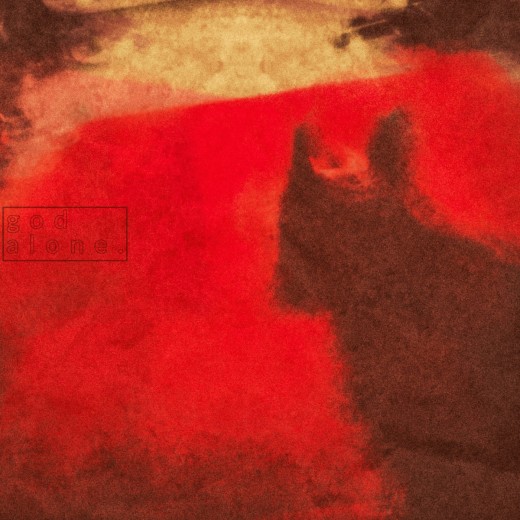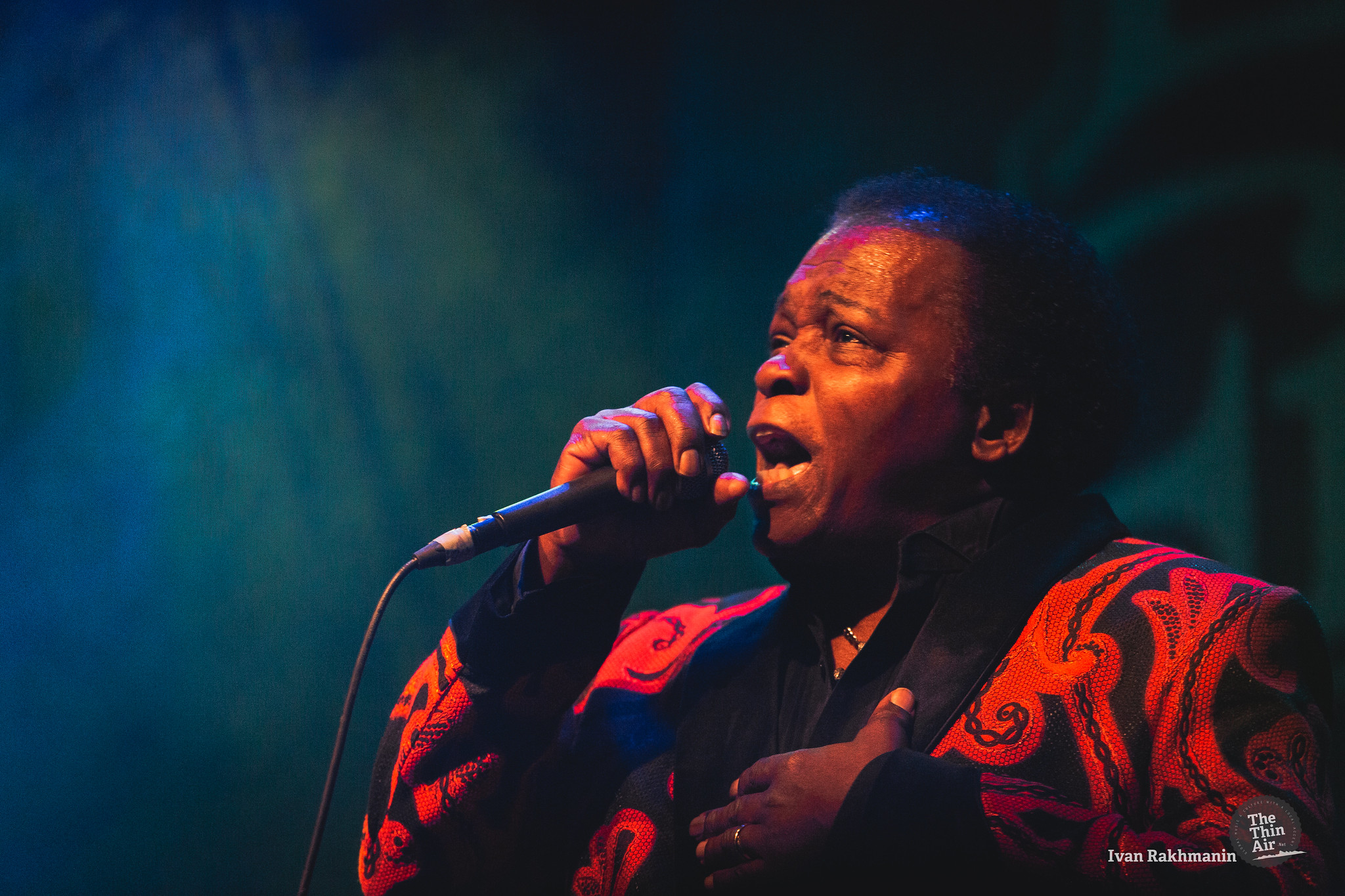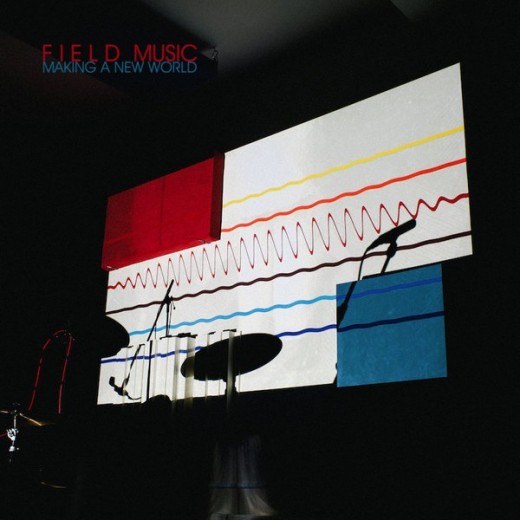Genre is a tricky thing. While useful for an audience looking for a labelled path to expand their listening, the idea of slapping a label on your music chafes most artists. This can be especially true for metal acts; given its highly specific sub-genres, it is hard to not be boxed into one or the other. Cork band God Alone. are aware of this, and on their self-titled second EP they demonstrate their grasp on a variety of different styles to avoid any easy categorisation.
Opener ‘Feeling on Tic’ is, by a large margin, the heaviest song on the EP. After a brief feedback scrawl, the song kicks in with cascading drum rolls and squalling guitar line, before the chaos gives way to a crushing slab of sludge metal. After a brief, Cynic-esque interlude, heaviness returns in a black metal-inspired section that owes something to the shoegaze stylings of Deafheaven. While the heaviness is reduced for the following tracks, ‘Feeling on Tic’ helps set up the tone of the album as a whole: an exploration of various rock and metal sub-genres anchored to a core of math-and post-rock.
The rhythm section of Cian Ó Maoláin and Jack O’Hanlon must especially be commended for keeping everything grounded throughout multiple stylistic changes: in lesser hands, each turn could feel especially choppy and erratic. The cycling through genres can’t help but remind the listener of suites from progressive rock and metal (one point of reference that comes to mind is ‘The Czar’ from Mastodon’s Crack the Skye). The key difference, however, is such suites work when part of a larger overarching story, with each new segment indicating some new narrative development. The individual parts that make up God Alone are excellent when taken on their own, but too often don’t add up to more than the sum of their parts. Closer ‘Yes Aii’ is the strongest song on the EP, and it is no coincidence that this happens to be the most singularly focused. The interplay of twisting math-rock riffs and post-rock ambience makes works very well at forming a unified whole. That is until the final third, wherein the tone shifts to a dreamy, prog-inspired interlude of Rhodes piano arpeggios intertwining with sparse shimmering guitar lines, before a return to the initial motifs that usher in the finale.
There’s at least a full album’s worth of ideas here, which is something of a double-edged sword when they’re distributed over a four track EP. Taken on their own, each idea is expertly executed, but when too many are brought together in a single track the cohesion of the song as a whole begins to be affected. Part of how the best post-metal achieves in building its sonic landscapes is by allowing ideas to develop slowly, giving the listener a chance to take everything in. God Alone. are clearly full to the brim with talent, energy, and inspiration, and a more focused collection of songs is a genuinely thrilling prospect. Will Abbott






